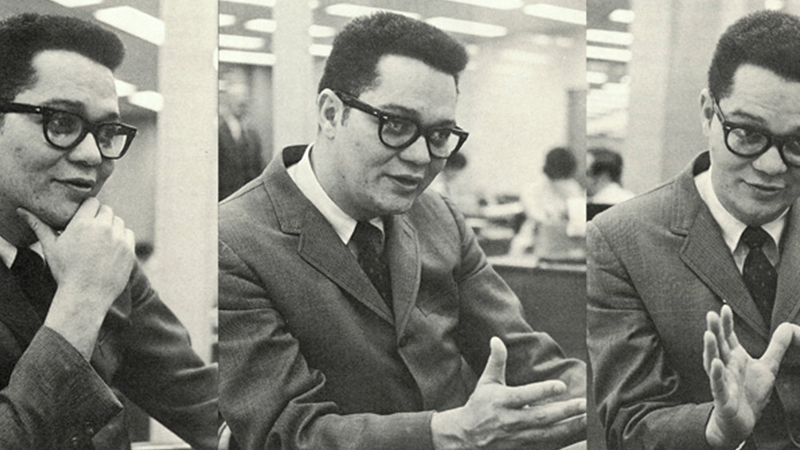Three years after Brown v. Board of Education and six years before Martin Luther King delivered his famous “I Have a Dream” speech, Aubrey W. Lee started his first job at the National Bank of Detroit (NBD), a predecessor of JPMorgan Chase.
The year was 1957, and nine black students, who later became known as the “Little Rock Nine,” had just been blocked from entering their secondary school in Arkansas. In Detroit, Lee was starting his banking career as a teller, the only job he could get at the time, despite graduating with a master’s degree in political science from Marshall University.
Lee jumped into the role with both feet, outpacing and outperforming his peers, and soon found himself moving through the ranks. In 1966 he was appointed branch manager, the first black leader at NBD to earn the title.
He did not take his position lightly and soon began to expand his impact in Detroit. In addition to his branch manager responsibilities, Lee decided to take on recruitment efforts. Working closely with the bank’s equal opportunity officer, Lee expanded the college recruitment program to include visits to predominately black and women’s colleges.
But his recruitment efforts did not stop there. Lee regularly volunteered with the Detroit Urban League and organized hiring drives within the community. While working in credit in 1970, Lee assisted NBD in the creation of a film called “The Bank is Open to You,” which showcased the opportunities in banking available to the black community in Detroit. The film, which was a huge success, highlighted several bank employees who shared their experiences and encouraged young people to consider banking professions.




